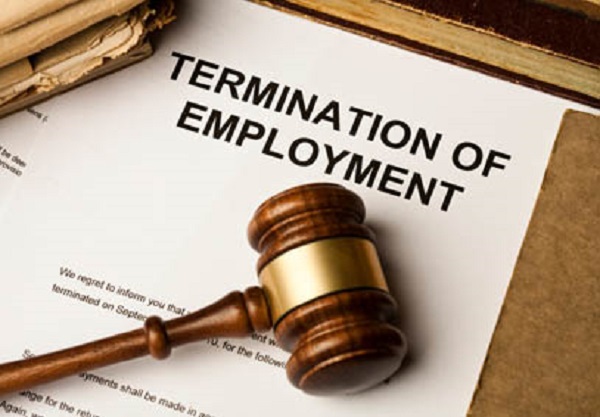Don’t avoid attending disciplinary hearings

Davies Ndumiso Sibanda
MANY workers wrongly think refusing to receive documents related to the disciplinary process and not attending disciplinary hearings is an act of being smart only to realise when they are being dismissed that they did the most unwise thing when they get dismissed in absentia.
The law on receipt of disciplinary process has been developed through case law.
The courts have looked at many cases of workers who refuse to accept service of disciplinary process documents, those who lock the gate and refuse to attend to the messenger who brings the hearing notices and in more novel cases workers physically run away when messengers arrive with documents, others have read the documents and returned them to the messenger and some have received the documents and declined to sign for them.
All these acts do not help the worker but acts as an aggravating factor during the hearing thus worsening the worker’s position. The law only requires that the process of service or attempted service be signed for through a certificate of service or alternatively if the employee does any of the acts given above there is no need to chase or beg the worker, the messenger records the date and the fact that when he tried to serve the employee, the employee refused to accept the process. On the day of the hearing, the law allows the hearing to proceed without the defendant as he will have denied himself the right to be heard.
Justice McNally in one of his Judgements said leaving the process documents under the door, tying the paper to the door, hanging them in a prominent place in the yard is adequate service. This means that workers who are served with the disciplinary process, irrespective of how they were served must quickly get the process documents, seek legal advice from knowledgeable trade unionists, lawyers or labour consultants and attend the hearing without fail.
Some workers even after they have received the disciplinary process do not attend the disciplinary hearing hoping the matter will go away. All codes of conduct allow for hearings to proceed without the defendant attending. Some bogus advisors have told workers not to attend hearings arguing that there will be no quorum thus there will be no hearing. That is wrong and could easily cost a worker his job because section 101(6) of the Labour Act has a means of dealing with cases affected by absence of quorum.
This reminds me of a case where workers had engaged in misconduct and the workers committee, which was part of the disciplinary committee, dissolved itself so that the hearing could not take place. The employer was not bothered as after 30 days the matters were referred to the NEC Designated Agent where all the workers were dismissed.
They tried to plead for leniency but the employer having been irritated by the workers delaying raised aggravating factors and workers were dismissed. On appeal to the Labour Court on grounds that there had been no hearings as set out in the code of conduct, the Labour Court confirmed their dismissal, stating that they were given the opportunity to be heard but they denied themselves the opportunity.
In conclusion, workers need to act on the disciplinary process as quickly as possible and avoid acts that irritate the employer so as to get a sympathetic ear more so in cases where the worker knows he or she has committed misconduct. Further, workers should quickly seek legal advice and representation from a competent individual or organisation. If necessary check qualification and experience of representatives as today there are many bogus worker representatives who are driven by economic considerations as they search for easy money from unsuspecting workers.
Davies Ndumiso Sibanda can be contacted on: email: [email protected], or cell No: 0772 375 235.












Comments